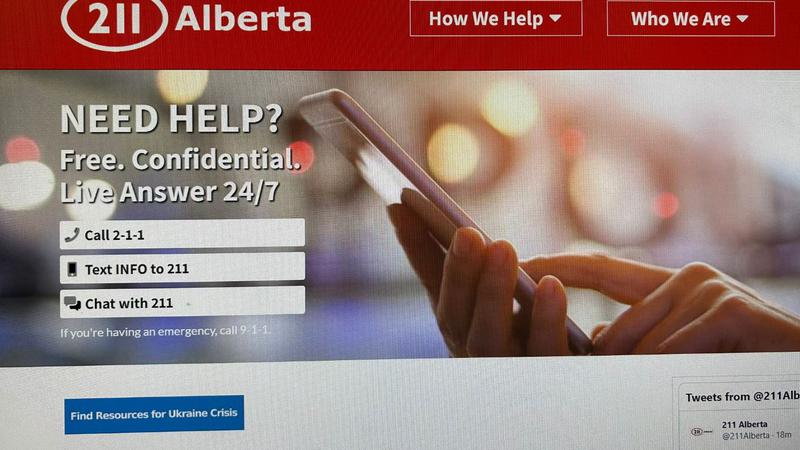
Funding for 211 Alberta to double over the next three years
CALGARY – Call volume for 211 has remained high since 2020, which is why the Government of Alberta says an increase in funding will help the recovery-oriented system better serve the people of Alberta.
The province announced this week it will be doubling 211 funding from $7.5 million to more than $15 million over the next three years.
According to a media release from the government, the additional support will enable the call centre to increase its capacity, improve the way people are connected to services, enhance referral programs and crisis assistance.
211 helps provide individuals with a single point of contact for information regarding health services along with mental health and addiction support in their community.
